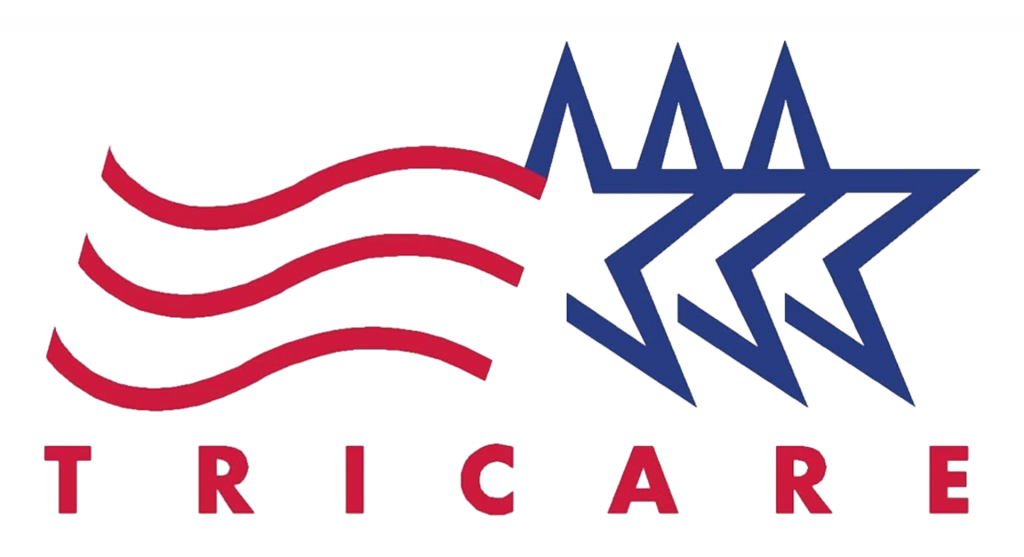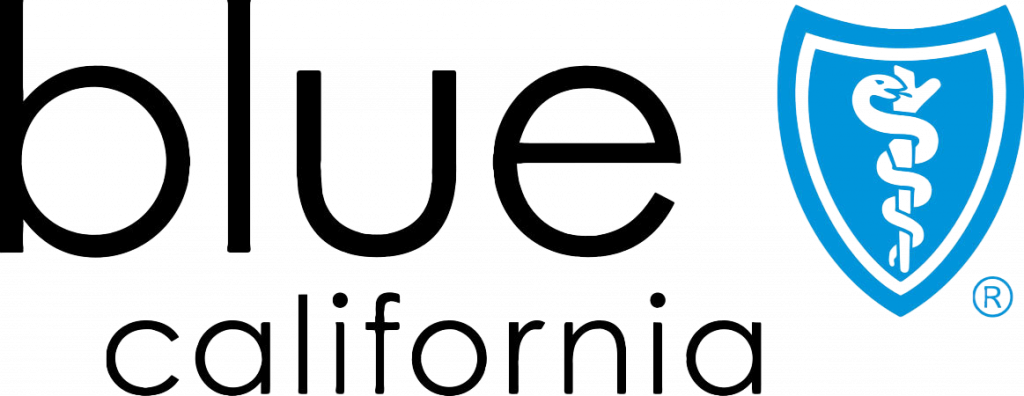Everyone experiences sadness from time to time. Depression, however, is a more serious condition. Over 16 million Americans experience depression each year, making it one of the most common mental disorders. It is the leading cause of disability worldwide and greatly contributes to the global burden of disease.
Bespoke Treatment provides expert diagnoses and highly personalized treatment plans for individuals with depression. We offer a number of alternative therapy options, including transcranial magnetic stimulation, ketamine treatment, and neurofeedback, in addition to more traditional psychotherapies. Our mental health professionals work with each client to develop a treatment plan that suits their individual needs and goals.
Depression is a mental health condition that interferes with your feelings, thoughts, and behaviors. As such, it is classified as a mental and behavioral disorder.
Depression is characterized as intense feelings of sadness, despair, or hopelessness that disrupt one’s ability to function or enjoy daily life. Many people will experience a period of depression at some point in their lives; it is a common temporary reaction to adverse life events. It can also be a side effect of certain medical treatments, drugs, or physical diseases.
Individuals may or may not seek professional treatment for short-term depression.
Some people experience long-term or chronic depression that requires treatment. For about one-third of individuals with depression, front-line treatments are not effective; this is known as treatment-resistant depression. Contrary to what the name implies, there are many treatment options for individuals with treatment-resistant depression. At Bespoke Treatment, our personalized mental health plans are effective for over 92% of our patients.
Depression is largely characterized by intense feelings of sadness or hopelessness, as well as anhedonia, or a loss of pleasure or interest in activities that typically bring joy. The disorder also causes many other symptoms that can disrupt your health and quality of life. Some common symptoms or signs of depression include:
Everyone experiences depression differently. Depression symptoms vary in their intensity, and you may not experience all of these symptoms. If you have thoughts of suicide, call 911 or go to your nearest emergency room for immediate help.
There are many different types of depression and disorders or conditions that can come with depressive symptoms:
Often referred to as depression or major depression, MDD is a mood disorder characterized by experiencing symptoms of depression most of the time for a period of 2 weeks or longer that interfere with daily life.
There are additional psychiatric disorders that can feature depressive symptoms, such as borderline personality disorder, posttraumatic stress disorder, and adjustment disorder with depressed mood.
There is no single cause for depression; individuals can experience depression for a variety of reasons. Depression can be triggered by a physical illness, life event, or occur spontaneously. Oftentimes a multitude of risk factors contribute to an individual’s depression. Some factors that can lead to depression include:
A family history of depression can indicate an increased likelihood of developing the disorder.
When individuals experience traumatic events early in life, it can alter how they respond to stress and fear throughout life. This can lead to developing depression at some point in life.
Clinical studies show that individuals with depression experience reduced neural activity in certain areas of the brain. Changes in interactions with hormone stimulation, the pituitary gland, and the hypothalamus have also been noted.
Some medical conditions can increase the risk of developing depression, such as sleep disturbances, chronic pain, ADHD, and anxiety. The use of certain medications can also lead to depressive symptoms.
Life circumstances such as relationship changes, financial standing, the loss of a loved one, or location can impact whether or not a person develops depression.
Substance use disorder can significantly increase one’s likelihood of experience a depressive episode. Alcohol and other drugs can also worsen depressive symptoms.
Everyone feels down sometimes, but how do you know when to talk to a doctor? Depression often develops slowly, and you might not recognize what your symptoms are or how they’re impacting your life right away. However, if you have depression symptoms and they’re interfering with your life, call Bespoke Treatment to make an appointment or to learn more about our alternative treatments for depression.

Everyone’s path to recovery looks different, and there are a variety of treatment options for people experiencing depression.
Also called talk therapy or counseling, psychotherapies are the front-line recommended treatment for depression. Talk therapy can teach patients new ways of thinking or behaving and techniques for changing habits and patterns that contribute to depression symptoms. There are many evidence-based therapy approaches to treating depression. These include cognitive behavioral therapy (CBT), dialectical behavior therapy (DBT), interpersonal therapy (IPT), and many more.
Antidepressants are daily medications commonly prescribed to treat depression. They alter the levels and interactions of neurotransmitter chemicals within the brain that control mood and stress. There are many different types of antidepressants, such as SSRIs, SNRIs, TCAs, NASSAs, and SARIs. Sometimes antipsychotics are also prescribed to treat depression. Antidepressant and antipsychotics must be taken daily, often come with various side effects, and are not effective for all individuals.
ECT is an alternative option for severe cases of treatment-resistant depression in which electrical impulses are administered to the brain. During ECT, the patient is given muscle relaxant and anesthesia. Side effects of ECT can include disorientation, confusion, and memory loss. Despite its bad reputation, ECT is much more safe and effective now with modern advances in ECT devices and methods. We do not offer ECT at Bespoke Treatment.
TMS is a non-invasive brain stimulation process that triggers neural activity with magnetic pulses. This treatment is FDA-approved and is extremely effective for treatment-resistant depression. Side effects of TMS can include feeling a knocking sensation or scalp sensitivity during treatment, as well as mild headache that subsides within a few hours.
Ketamine is a relatively new alternative medication for depression that is extremely safe and can cause lasting changes in brain chemistry that lead to long-term relief from depression symptoms.
In addition to formal treatments, there are a variety of ways individuals can adjust their lifestyle or daily habits to improve symptoms of depression. These can include physical activity, maintaining a regular sleep schedule, healthy eating habits, avoiding drugs and alcohol, and establishing a strong social network or support system. Many individuals may decide to postpone important life decisions during recovery, such as changing jobs, getting married, or getting divorced.
At Bespoke Treatment, we employ a holistic approach to mental health treatment. To start, we conduct a thorough evaluation of your symptoms, overall health, and lifestyle to confirm your depression diagnosis. We then create a customized treatment plan to alleviate your symptoms and restore your health and wellness.
The conventional treatment for depression is a combination of antidepressants and therapy. As mentioned before, up to a third of people with depression do not respond to these treatment methods, and this is considered treatment-resistant depression. While it is not a formal diagnosis, an individual may be classified as having treatment-resistant depression if they have tried at least two months of evidence-based talk therapy, such as cognitive-behavioral therapy, in conjunction with an antidepressant. Some physicians may decide to try a number of different medications or combinations with a patient, even if one initially did not work. Other physicians may decide to send someone to a facility such as Bespoke Treatment.
Bespoke Treatment offers FDA-approved and alternative treatments for depression if the traditional approach hasn’t worked for you. If you have experienced side-effects from medication, or just haven’t found the relief that you desire, we have a variety of innovative, short-term options for you. We offer Transcranial Magnetic Stimulation, an FDA-approved modality for depression since 2008. Moreover, we specialize in intermittent theta-burst, or “Express TMS,” which can help to treat depression in as little as three minutes per session.
We also offer low-dose ketamine infusions for depression. This is a safe and effective way to treat depression rapidly. The former director of the National Institute for Mental Health has said that “ketamine, given intravenously, might be the most important breakthrough in antidepressant treatment in decades.” For those who are afraid of needles, or want a ketamine procedure that is FDA approved, we also offer Spravato™ esketamine nasal spray for treatment-resistant depression. Spravato™ must be taken with at least one oral antidepressant medication. Rest assured, however, we have seen amazing results from our ketamine infusions in Los Angeles and Santa Monica. Ketamine is faster acting than traditional antidepressants, as it works almost instantly to treat your symptoms. With normal medications that your doctor might prescribe, patients often have to wait weeks to months to start seeing improvements.
We must also note that these treatments we have mentioned, such as TMS or ketamine infusions for depression, are applicable to other mental disorders. For instance, if you suffer from OCD or PTSD, we want you to know that our treatment methods show promise for those conditions, as well.
Call Bespoke Treatment or request a consultation online today for expert, personalized treatment for your depression.









